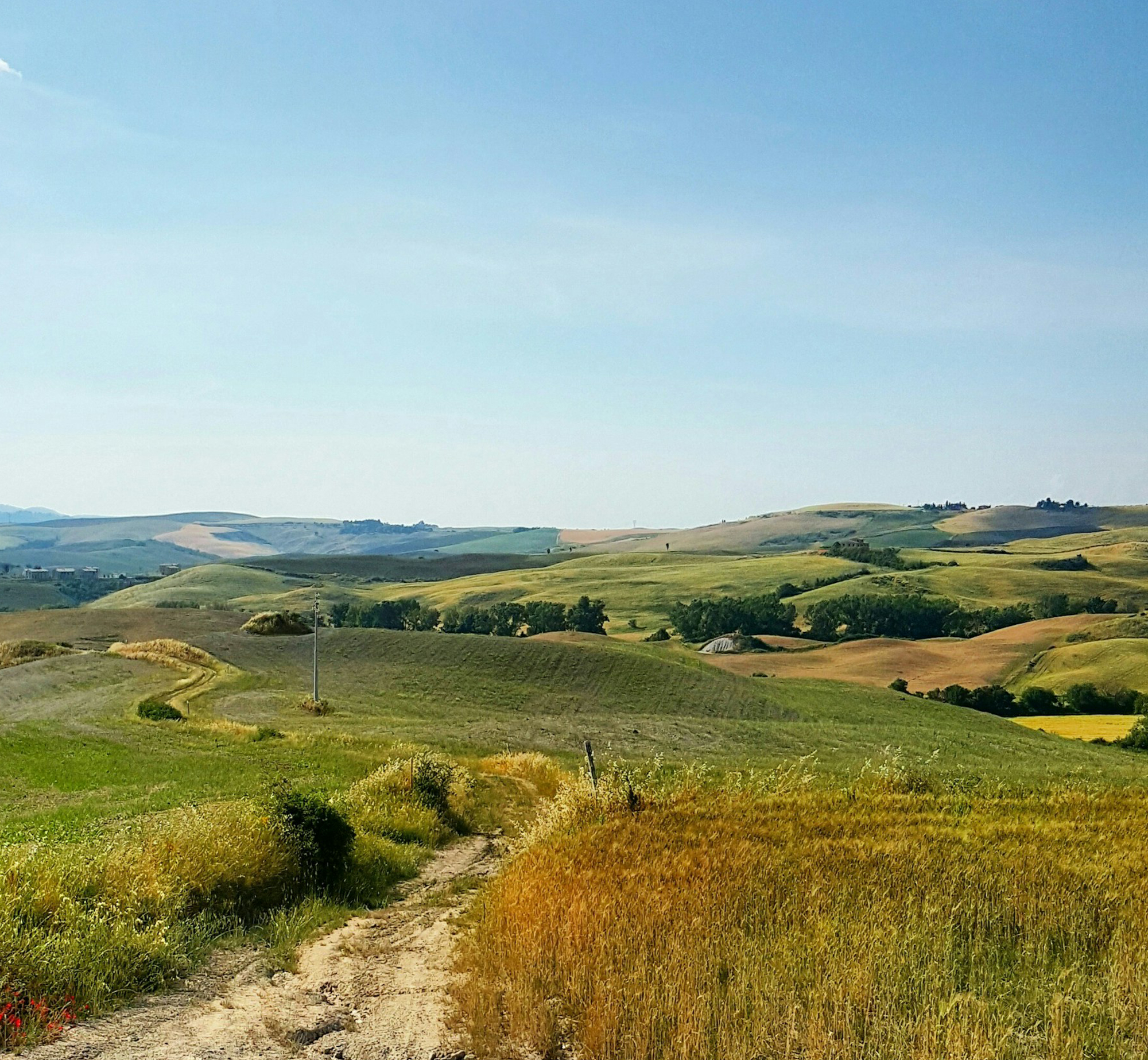RURACTIVE consortium meets for interactive progress meeting in Zamora
In September 2024, RURACTIVE hosted its third progress meeting and knowledge transfer workshop in the beautiful town of Zamora, Spain. The event was hosted by project partner Diputación de Zamora who leads the local Dynamo.
The meeting was kicked off by a Steering Committee session where updates of the work done so far and future work plans were exchanged. The official start of the knowledge transfer workshop with and for all project partners took place on the second meeting day. Partners from the different work areas prepared an interactive session aiming at transferring knowledge to other participants: project partner The James Hutton Institute presented the work on the conceptional and operational framework for community-led development. This was followed by an introduction to all partners on the concepts of Rural Development Drivers and cross-cutting priorities, coupled with best practice real-life examples of the implementation of smart and community-led solutions. A subsequent informal exercise got participants to exchange about their expectations, main learning points and concerns regarding their participation in the project, which served as a good introduction to the workshop led by project coordinator, the University of Bologna. For a very practical exercise participants were divided into groups and received a ´role´ they had to play for the duration of the session. Every group had two facilitators and several stakeholders of a rural community including a farmer, an older adult, a young person, a cultural leader and a mayor. All were asked to discuss their vision and the main challenges their community is facing, from their individual point of view. The purpose of this exercise was to test and prepare for the upcoming local workshops held in each Dynamo to collect input from different local stakeholders on the main challenges in their rural area, to which selected external innovators will soon be invited to develop solutions. After a long but fulfilling day, the entire team managed to relax during a social dinner in the center of Zamora city.
The knowledge transfer sessions continued on the next day with a brainstorming peer-to-peer session led by project partner Bern University of Applied Sciences. Dynamos and technical partners exchanged the different needs, requests and points of expertise they may have for the upcoming local workshops. Afterwards, partners from the Institute for Advanced Architecture of Catalonia immersed participants into a world of digital tools and possibilities to present and discuss rural visions in novel ways. This was followed by a presentation on the RURACTIVE data-driven solution tool by project partners CARTIF and Almende. The knowledge transfer workshop was then closed with a session on the exploitation of project results by project partner Eurice/RISE, where participants had a chance to discuss key exploitable results and rank them by the perceived level of innovation and exploitability.
Even though this marked the end to the official programme, Dynamos and other interested partners stayed for two more days in order to visit different parts of the Zamora province and learn about some innovative and enriching experiences and solutions, as part of a peer-to-peer exchange. Some of the highlights included:
- a visit to Bermillo de Sayago municipality where partners learned about the Silver Economy projects of Diputación de Zamora: one is devoted to the application of IoT technology to monitor the wellbeing of older adults at home. Partners had the chance to visit some homes and talk to the users of this technology. A second project is called ‘vital heartbeat’ and focuses on stroke prevention through self-diagnosis. It is easily accessible and free to the public.
- a visit to San Cebrián de Castro municipality (in the Campos-Pan county) and its sculpture park with the Crisol Labyrinth and the Sculpture School available to both community residents and tourists, making for an exciting educational tourist attraction. Also, in the same municipality, partners could gain a better understanding about ‘Comitas e-health’, a telemedicine solution for older adults or residents of remote communities.
- a visit to a young entrepreneur at Almendra municipality who left her job in Ireland to start up an agroecology company called ‘Agroberry’ based on the production of blackberries and related products, thereby providing significant added value to the local economy. It was even awarded with the “Rural Inspiration Award” by the European Commission.
Altogether, it was a very exciting, educational and social week for RURACTIVE partners! Thanks to all participants and contributors who took part in the meeting and to Diputación de Zamora who hosted everyone perfectly.








